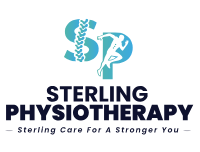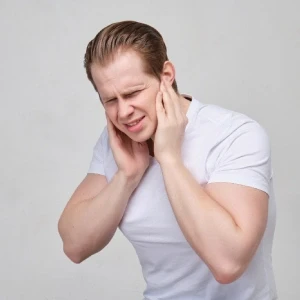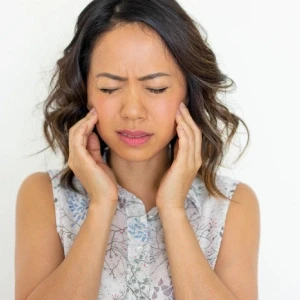Why does TMJ dysfunction happen?
- Genetics, Age, and Gender: Factors such as genetics, gender (with women more commonly affected), and age play roles in the likelihood of developing TMJ disorders.
- Physical and Psychological Stress: These stresses can exacerbate or even contribute to the development of temporomandibular joint disorder.
Symptoms of TMJ Disorders:
- Pain or tenderness in your jaw, often extending to facial pain.
- Difficulty chewing or pain while chewing and aching around the ear.
- Locking of the joint, making it difficult to open or close your mouth.
- Jaw popping
- Headaches
- Pain in the temple
- Earaches
There are many reasons why TMJ dysfunction may develop, but some common causes include misalignment of the teeth, gum chewing, arthritis, teeth grinding, or a jaw injury. At Sterling Physiotherapy Hamilton, we understand that TMJ (temporomandibular joint) dysfunction can be more than just a nuisance—it can impact your daily life. The TMJ combines hinge action with sliding motions, which means any issue like inflammation, strained muscles, or disk problems can cause significant discomfort.











